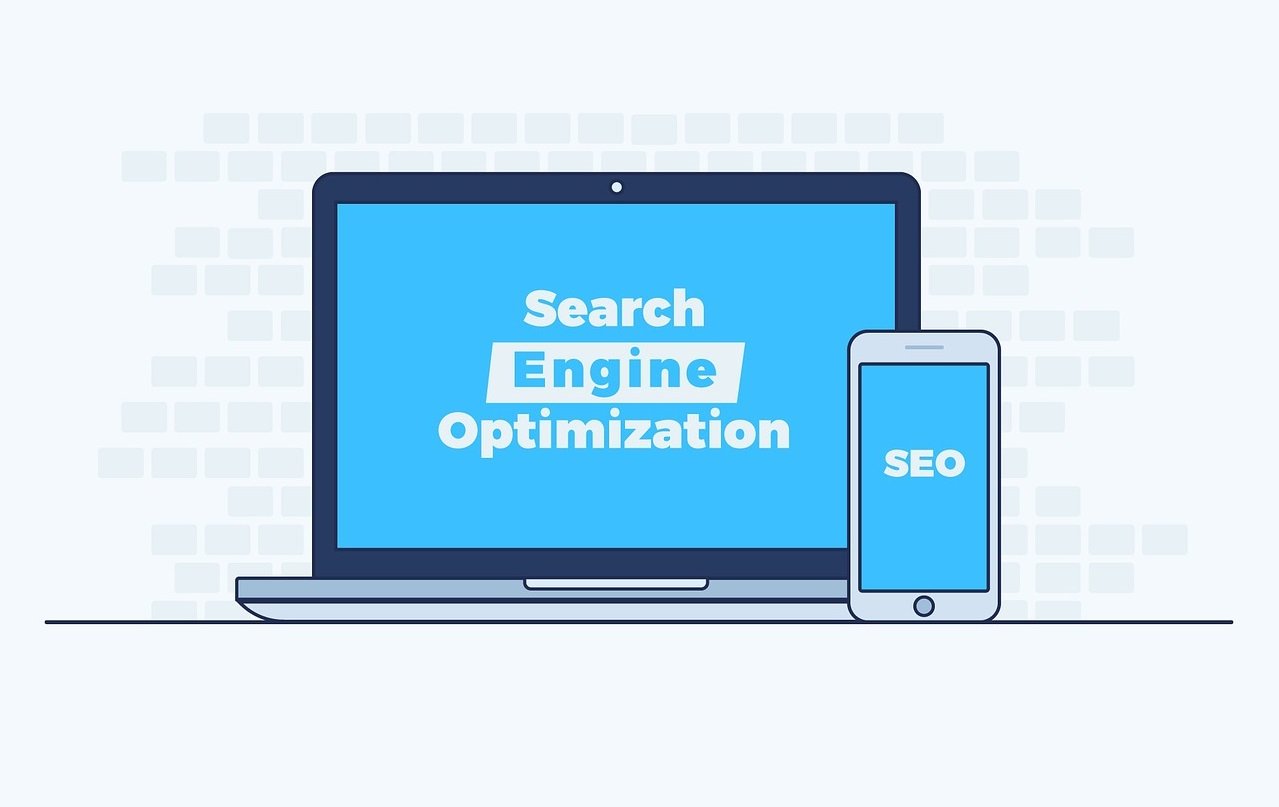What Is Local SEO & How To Succeed At It

Despite the increasing globalisation of many supply chains, local customers are still hugely important to most companies. Smartphone users, in particular, are often much more likely to buy from businesses whose online information is tailored to the customer's location.
What Is Local SEO?
As the name suggests, local SEO allows your business to target customers in a specific region. For SMEs in many sectors, this ability is crucial – and Google increasingly ranks local businesses higher in search results. If you're a car parts business based in Southampton, few people in Newcastle are going to be interested, no matter how good your products are. If someone Googles "car parts near me," they want exactly that. Local SEO means tailoring your online profile so that the people who see your business pop up in these searches are the ones close to you – the ones most likely to become your customers.
What If You Have Multiple Locations?
You can still use local SEO even if you have more than one base – though it can take a bit more work. You'll want to take full advantage of Google My Business to ensure that customers can find the right location for where they are. Since so many searches of this type are conducted on mobile devices, make sure everything you submit is perfectly responsive. It's also a good idea to claim your address with Google, so that a Street View picture will match your premises. Submitting similar information to other major search providers like Bing is important, too.
Use Reviews & Testimonials From Local Customers
You probably already use customer testimonials on your website – they're a proven, powerful way of grabbing a visitor's attention and building credibility. But when you're chasing local business, it helps to feature feedback from people in the region you're targeting. You may want to think about working with a local digital agency here. They'll be able to help you make the most of software that can identify your visitors' geographic location and display testimonials from customers in that area. Keep them current, too – this is especially important for local searches.
Keep Data Consistent
Local citations can occur on your company's website, in business directories, on social media... just about anywhere, in fact. The most important parts are your company's Name, Address and Phone number (NAP). Make certain that this information is current and consistent across your site and anywhere you've submitted data to – inconsistent or incomplete data may be penalised by Google. If details change, make updating the NAP a priority. Other aspects of local citations, such as email addresses and business hours, give customers extra confidence in your authority in the local area.
Optimise For Geo-Targeting
If your web content contains little to interest visitors looking for local products or services, Google probably won't take much interest either. A major part of local SEO is in fine-tuning your websites and blogs so that the local appeal of your business stands out. It's important to do this with subtlety and care – we've all seen websites with 20 different plays on "local supplier near me" in the first 200 words. It can be tricky to find the right balance, so working with a business growth specialist like JDR can be a good option.
To find out more about local SEO and how to get the best results in your target area, please call 01332 343281.
Image source: Pixabay


